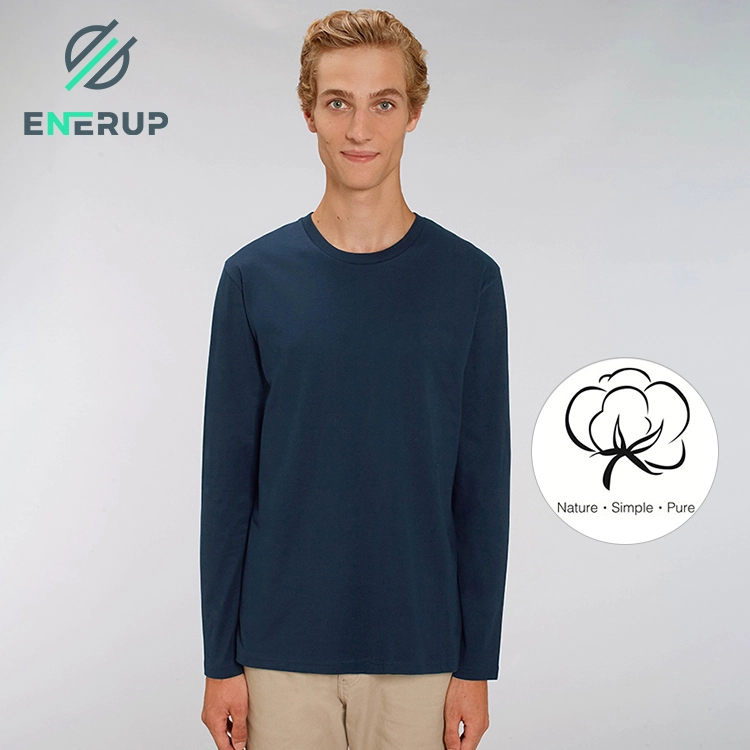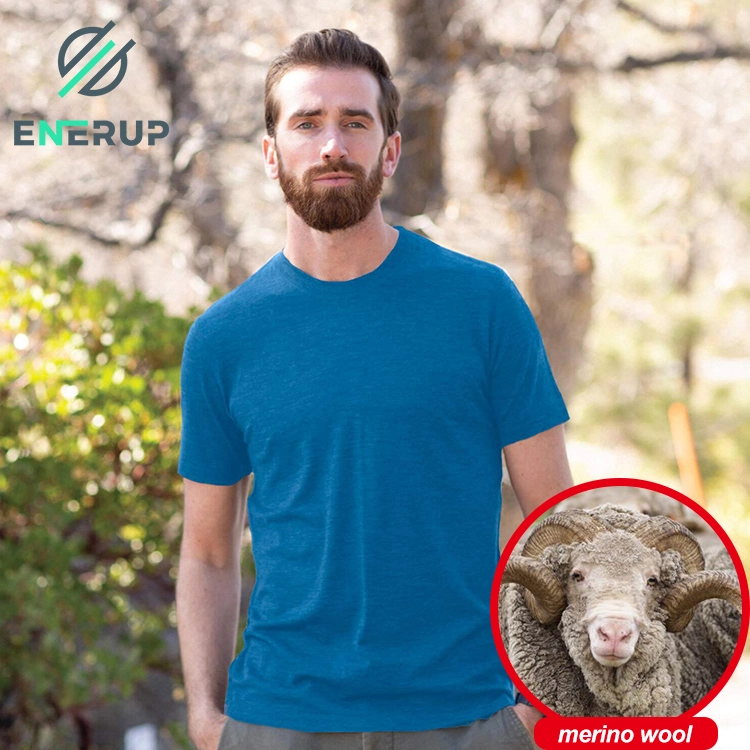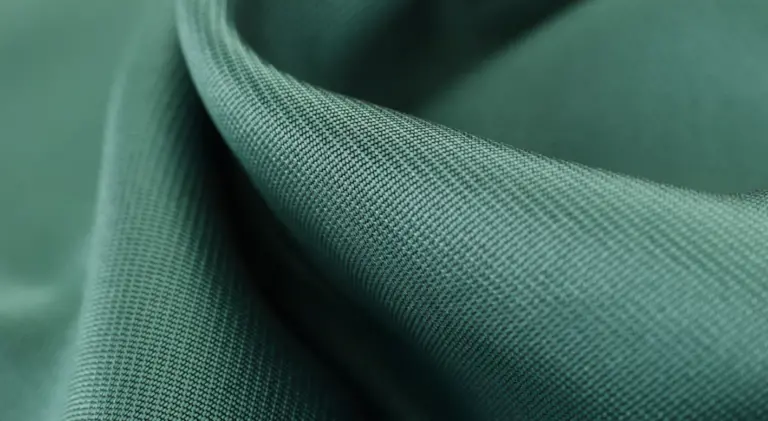Understanding the Purpose of a Cycling Jersey
A cycling jersey is an indispensable garment for any cycling enthusiast, crafted not just for aesthetics but also for functionality. Comprehending its purpose can greatly improve your riding experience. The primary function of a cycling jersey is to ensure comfort and performance while cycling. This is achieved through the careful selection of specialized fabrics and an ergonomic design tailored to the needs of a cyclist. Unlike typical athletic wear, cycling jerseys are uniquely designed to meet the specific demands of riders, offering advantages such as moisture-wicking, temperature control, and a close fit, among other features.
Key Features of a Cycling Jersey
Moisture-wicking Fabrics
One of the most crucial features of a cycling jersey is its ability to wick away moisture. As you pedal hard and start to sweat, the moisture-wicking fabric ensures that sweat is quickly drawn away from your skin to the surface of the jersey, where it can evaporate. This keeps you dry and comfortable, preventing that sticky, clammy feeling which can be highly distracting during a ride. Such fabrics also help avoid chafing and skin irritation, making your riding experience more pleasant.
Aerodynamic Design
Cycling jerseys are designed to reduce air resistance. The form-fitting nature of these jerseys ensures that they remain close to the body, minimizing drag and helping you to ride more efficiently. This is particularly important for competitive cyclists who aim to maximize their speed and performance. Even for casual riders, an aerodynamic design means less energy is wasted fighting wind resistance, making your ride smoother and more enjoyable.
Temperature Regulation
Temperature regulation is another vital feature of a good cycling jersey. These jerseys are often made from materials that help to keep your body temperature steady despite changing weather conditions. During hot rides, they help cool you down by allowing heat and sweat to escape. Conversely, in cooler conditions, they provide a layer of insulation to retain body heat. This makes multi-season riding comfortable without the need for frequent changes in clothing.
Benefits of Proper Layering
Wearing layers beneath a cycling jersey can greatly improve its functional properties. Effective layering aids in moisture control, as each layer contributes to transferring sweat from your skin to the outer layers. Additionally, layering can offer extra insulation on cold rides, which helps maintain a comfortable body temperature. Specific layers also enhance overall comfort; for instance, a base layer can help prevent chafing and ensure a better fit.
Should You Wear a Base Layer?
Advantages of Using a Base Layer
Moisture Management
A base layer plays a crucial role in moisture management. Made from fabrics like polyester or merino wool, these layers are designed to draw moisture away from your skin and transport it to your outer layers. This is particularly useful in cold conditions, where staying dry is essential to maintaining body warmth. A dry base layer helps to keep you comfortable and focused on your ride rather than being distracted by sweat.
Thermal Insulation
Thermal insulation is another advantage of wearing a base layer. These layers provide an additional barrier against the cold, trapping heat close to your body. In winter, this can make a significant difference in your comfort levels, ensuring that you stay warm even as temperatures drop. Choosing the right base layer can help make winter rides not just bearable but enjoyable.
Additional Comfort
Besides moisture management and thermal insulation, base layers add an extra layer of comfort. They often have flat seams to prevent chafing and are designed to be soft against your skin. This added comfort can make long rides much more pleasant, reducing the likelihood of skin irritations that could hinder your performance.
Disadvantages or Considerations
While base layers provide many advantages, there are certain factors to consider. In very hot weather, an extra layer might cause you to feel overheated if it lacks sufficient breathability. Furthermore, an ill-fitting base layer can result in discomfort or restricted movement. It is crucial to select a base layer that fits properly and is suitable for the riding conditions you anticipate facing.
Types of Layers to Wear Under a Cycling Jersey
Base Layers for Different Weather Conditions
Summer Base Layers
During the summer, base layers should be lightweight and highly breathable. Look for materials that wick moisture quickly and dry fast. Mesh fabrics can be a great option, offering maximum ventilation to keep you cool. Summer base layers are designed to enhance comfort without adding unnecessary warmth, making it easier to ride in high temperatures.
Winter Base Layers
Winter base layers, on the other hand, are designed to offer insulation. Materials like merino wool or thermal synthetics are perfect for retaining heat while still managing moisture. These layers will keep you warm without causing overheating, making winter rides much more comfortable. The key is to balance warmth with breathability to avoid becoming too sweaty.
Material Options for Base Layers
Synthetic Fabrics
Synthetic fabrics such as polyester and nylon are popular choices for base layers. They are excellent at moisture management, quick-drying, and usually more affordable. Synthetics are highly durable and maintain their shape well, making them a reliable choice for regular use. However, they can sometimes retain odors, so it’s essential to wash them thoroughly.
Merino Wool
Merino wool stands out as a superb choice for base layers. This natural material excels in moisture management and is highly praised for its temperature regulation capabilities. Additionally, Merino wool possesses inherent odor-resistant properties, making it ideal for extended use. Although it is generally pricier compared to synthetic alternatives, numerous cyclists believe that the enhanced comfort and performance advantages justify the higher cost.
How to Choose the Right Fit and Fabric
Tips for Selecting the Right Size
Importance of Fit in Performance
The fit of your layers plays a significant role in their performance. A good fit ensures that the fabric can efficiently manage moisture and maintain insulation. Too tight a fit can restrict movement and cause discomfort, while too loose a fit can lead to inefficient moisture wicking and insulation. When choosing layers, it’s crucial to find a balance that allows for freedom of movement while ensuring optimal performance.
Comparing Different Fabrics
Breathability Factors
Breathability is a key factor when choosing fabrics for your cycling layers. Breathable fabrics allow moisture to escape, helping you stay dry and comfortable. Synthetic fabrics often excel in breathability, but advanced natural options like merino wool also offer excellent performance. When selecting a fabric, consider the typical conditions you’ll be riding in to find the right balance of breathability and insulation.
Durability and Maintenance
Durability and maintenance are important considerations for any cycling layer. Synthetic fabrics are generally robust and easy to care for, often requiring nothing more than a simple machine wash. Merino wool, while slightly more delicate, can be long-lasting if cared for properly. It’s essential to follow the manufacturer’s care instructions to maintain the performance and longevity of your cycling layers.
Real-life Experiences from Cyclists
Common Mistakes when Layering
Cyclists of all experience levels often fall into the trap of making common mistakes when layering under a cycling jersey. A typical problem is over-layering, especially in cooler weather. Adding an excessive number of layers, or choosing layers that are too thick, can result in too much sweating and discomfort. As your body warms up during the ride, these layers can become damp and heavy, making it challenging to maintain a comfortable body temperature.
Another mistake is wearing non-breathable fabrics as a base layer. This can trap moisture close to your skin, leading to that dreaded clammy feeling. Cotton, for example, is a fabric to avoid as it absorbs sweat but dries slowly. It’s essential to stick to moisture-wicking materials that facilitate effective sweat management.
Improper fit is another common problem. Too-tight layers can restrict movement and cause skin irritation, while layers that are too loose may bunch up and fail to perform their moisture-wicking and insulating duties effectively. Ensuring each layer fits well and works with your cycling jersey is crucial for performance and comfort.
Neglecting to consider the specific conditions of your ride can also result in poor layering choices. It’s essential to adapt your layering strategy to account for the weather, intensity of the ride, and personal comfort preferences. Failing to do so can make the ride less enjoyable and potentially impact your performance.
Practical Advice and Recommendations
To steer clear of these frequent errors, cyclists should focus on selecting breathable and moisture-wicking fabrics for their base layers. Materials such as polyester and nylon, or natural alternatives like merino wool, are ideal choices. These fabrics effectively manage perspiration and are appropriate for different weather conditions. Always choose layers that enhance the performance features of your cycling jersey.
It’s also advisable to adapt your layering according to the weather. For summer rides, lightweight mesh base layers can provide the necessary breathability and moisture control without adding extra warmth. In winter, look for thermal base layers that offer insulation while still allowing your skin to breathe.
Fit is another essential factor. Ensure each layer fits snugly but not too tight, allowing for a full range of motion. When trying on specific layers, you should move around and simulate your cycling posture to ensure there are no discomforts or movement restrictions.
Don’t overlook the importance of test rides. Wear your chosen layers on shorter rides first to evaluate their performance and comfort. This helps you make any necessary adjustments before committing to longer, more demanding rides. Throughout, remember that the goal of layering is to complement the functionality of your cycling jersey, maximizing both comfort and performance.
Introducing Harvest SPF Textile Co., Ltd.
About Harvest SPF Textile Co., Ltd.
Harvest SPF Textile Co., Ltd. stands as a premier manufacturer, celebrated for its pioneering textile solutions that are designed to boost athletic performance and comfort. Founded with the goal of introducing state-of-the-art fabric technology to sportswear, the company has established itself as a symbol of quality and trustworthiness within the industry.
With a focus on advanced materials, Harvest SPF Textile Co., Ltd. strives to meet the evolving needs of cyclists and athletes of all levels. Their commitment to research and development ensures that they continually offer products that set new benchmarks in comfort, durability, and functionality.
Innovative Products Offered by Harvest SPF Textile Co., Ltd.
Harvest SPF Textile Co., Ltd. offers a range of products designed to improve your cycling experience, particularly through superior layering mechanisms. Their line of base layers features state-of-the-art moisture-wicking fabrics that are perfect for use under a cycling jersey. These fabrics are engineered to transport sweat away from the skin efficiently, keeping you dry and comfortable even during intense rides.
The company also provides thermal base layers designed for colder conditions. Utilizing advanced insulation technologies, these layers retain heat while remaining breathable, ensuring warmth without overheating. This makes them ideal for winter cycling, where maintaining a balanced body temperature is crucial.
Moreover, Harvest SPF Textile Co., Ltd. is renowned for producing synthetic fabrics that are both durable and high-performing. These textiles are selected for their capacity to endure the demands of frequent cycling, providing outstanding durability and prolonged performance. Additionally, they feature advanced odor-resistant technologies, effectively tackling one of the prevalent problems linked with synthetic base layers.
By leveraging these innovative products, cyclists can optimize their layering strategy to enhance their comfort and performance, making the most out of their cycling jersey and overall riding experience.
Making the Most out of Your Cycling Experience with Proper Layering Mechanisms
Understanding and properly implementing layering under a cycling jersey can be transformative for your cycling experience. Each ride is an opportunity to refine your strategy, learning from real-life experiences and leveraging top-tier products like those from Harvest SPF Textile Co., Ltd.
When preparing for a ride, consider the specific demands of that outing. Evaluate the weather conditions, the intensity and duration of the ride, and your personal comfort preferences. Choose base layers that work in harmony with your cycling jersey, prioritizing materials and fits that enhance moisture management and thermal regulation.
By steering clear of typical errors and heeding useful tips, you can make sure every layer is functional. Whether it’s helping you stay cool during the summer, keeping you warm in the winter, or just offering additional comfort and protection, adopting the correct layering method can enhance each ride’s enjoyment and efficiency.
In summary, making informed decisions about your cycling apparel, particularly the layers worn under your cycling jersey, can significantly impact your overall cycling experience. With the right knowledge and resources, such as those provided by Harvest SPF Textile Co., Ltd., you’re well-equipped to tackle various cycling conditions, maximize your performance, and enjoy every mile on the road or trail.













